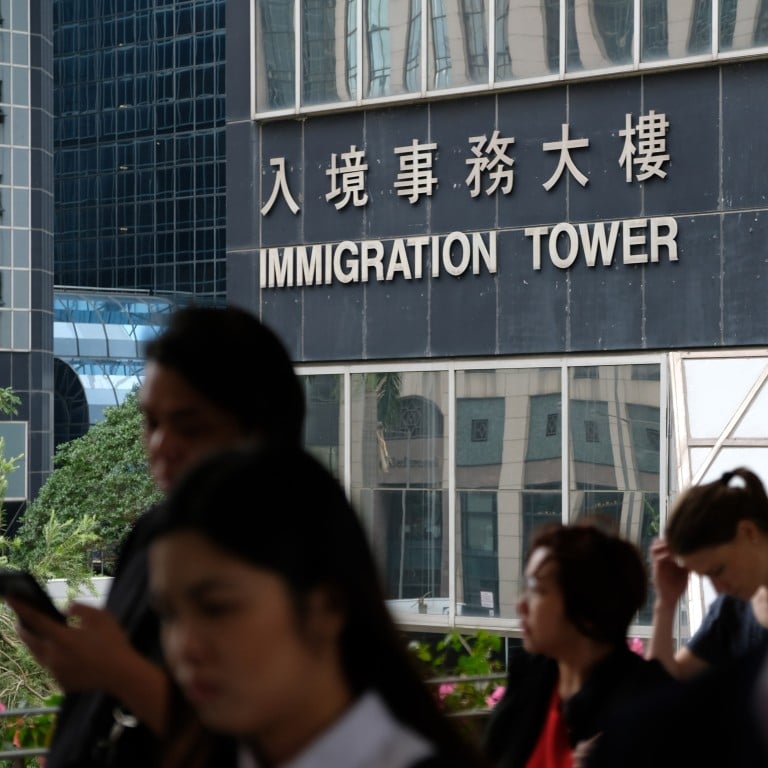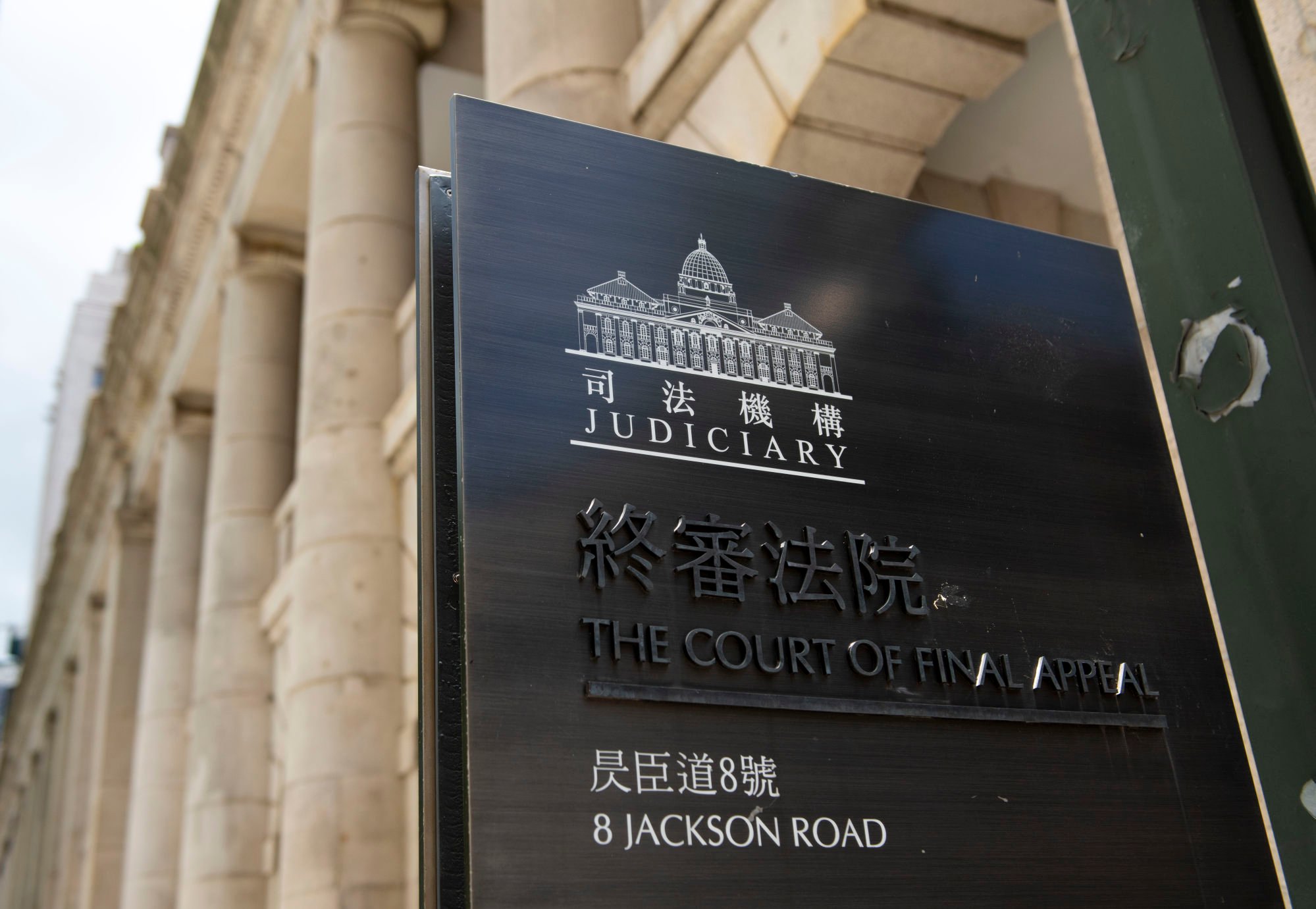
Transgender Hongkongers can now apply to amend ID cards without undergoing full sex change procedures
- Revised policy follows landmark ruling from Court of Final Appeal last year in favour of two transgender appellants over invasive surgical procedure requirement
- Authorities say change introduced after ‘prudently considering objective of policy, relevant legal and medical advice’, as well as taking reference from overseas practices
Hongkongers can apply to change the gender markers on their identity cards from Wednesday without undergoing full sex reassignment surgical procedures, as part of revised criteria introduced in response to a landmark court ruling last year.
The government said on Wednesday that the change to requirements was made after “prudently considering the objective of the policy, relevant legal and medical advice, as well as drawing reference from the relevant practices overseas”.
The revised criteria no longer considers the procedure necessary when a resident applies to the commissioner of registration to update their Hong Kong ID cards.
Under the new policy, applicants must have completed certain surgical procedures to modify their sexual characteristics, along with presenting the relevant medical proof and supporting documents.
‘It’s all grim’: Hong Kong’s over-18 transgender health focus could neglect teens
Applicants must make a statutory declaration to confirm they have gender dysphoria, which refers to the psychological distress a person may experience because of a mismatch between their biological sex and gender identity.
They are also required to provide proof they have undergone hormone treatment throughout the two years before applying.
Applications must include a declaration that the candidate will continue to undergo hormone treatments, as well as submit blood test reports for randomised checks.
According to the Immigration Department’s website, applicants who cannot complete specified surgical procedures and receive hormone treatment must provide “justifiable medical reasons” with proof. The commissioner will consider the cases based on their circumstances.
The department said it would take the initiative to follow up with all applications it received.
Henry Edward Tse, one of the transgender residents who won the landmark legal battle, said he would continue a separate lawsuit over what he called the government’s slow progress on changing the gender on his identity card.
“The new policy does not mean that all the discrimination and harm caused by the long delay will be wiped out,” he said.
Tse also expressed concern about the requirements, in particular the specified surgery and blood test, and wondered how the government would handle individual cases.
Zephyrus Tsang, a trans male activist and doctor who co-founded Quarks, a peer network for trans youth, said he was disappointed with the arrangements and that the government had not consulted the community beforehand.
“I worry that the policy will continue to affect transgenders’ decisions, and even induce them to receive medical services that will bring risks and complications but are deemed unnecessary to them personally,” he said, adding that everyone had bodily autonomy.

Tsang noted there was “differential treatment” for the change as trans women were required to remove their sex organs, which was a riskier operation than trans men’s breast removal.
He was also dissatisfied with the requirement for gender dysphoria proof, which he said implied transgenders had mental illness and went against international practice.
Tsang said he believed that only “a small portion” of transgenders would apply for the ID card change because of the “strict” requirements, adding that community members had to wait for years before visiting a gender identity clinic, receiving hormone treatment and undergoing surgery.
Education University of Hong Kong counselling professor Diana Kwok Kan, who specialises in the mental health of the LGBTQ community, said some transgenders could recognise their identities through social means, such as being addressed by their preferred pronouns.
“It is a huge prejudice in using their biological sex to define their gender identity,” she said.
Kwok said the new practice could “pathologise” transgender people and affect their mental health, adding that it was important for the government and society to change relevant concepts and step up public education.
The journey towards the landmark victory started back in 2017, when Tse made a case against the department over its rejection of his application to change his card’s gender marker.
Tse and Q, a separate appellant, said they had undergone medical and surgical treatments later certified to be sufficient to ensure their social integration and psychological well-being, arguing additional invasive procedures were unnecessary.
Their applications to change their identity cards were previously rejected on the grounds they had not undergone full sex reassignment surgical procedures as required under the old policy.
Transgender activists call for approval of Hong Kong ID card sex change requests
They also separately argued their cards’ female gender markers had resulted in them facing discrimination and humiliation when confirming their identities with third parties.
The Court of First Instance and the Court of Appeal dismissed both cases, before the city’s top court heard the appeals together and unanimously ruled the old policy had breached their right to privacy under Article 14 of the Hong Kong Bill of Rights, declaring the requirement unconstitutional.


